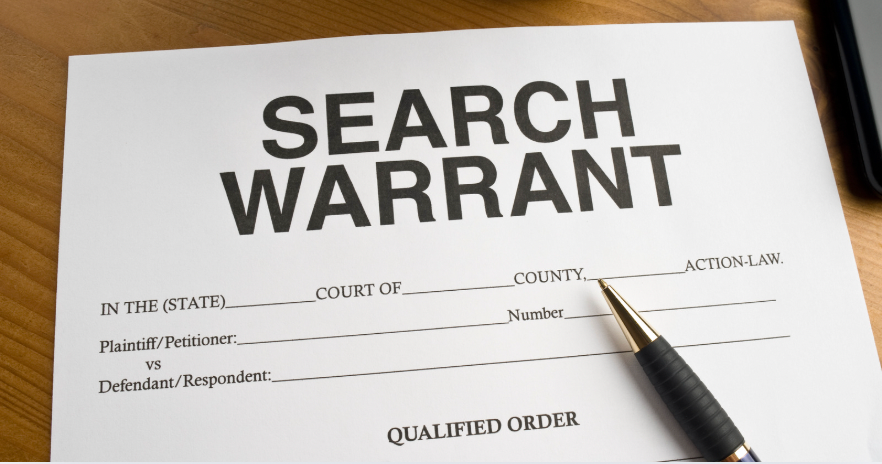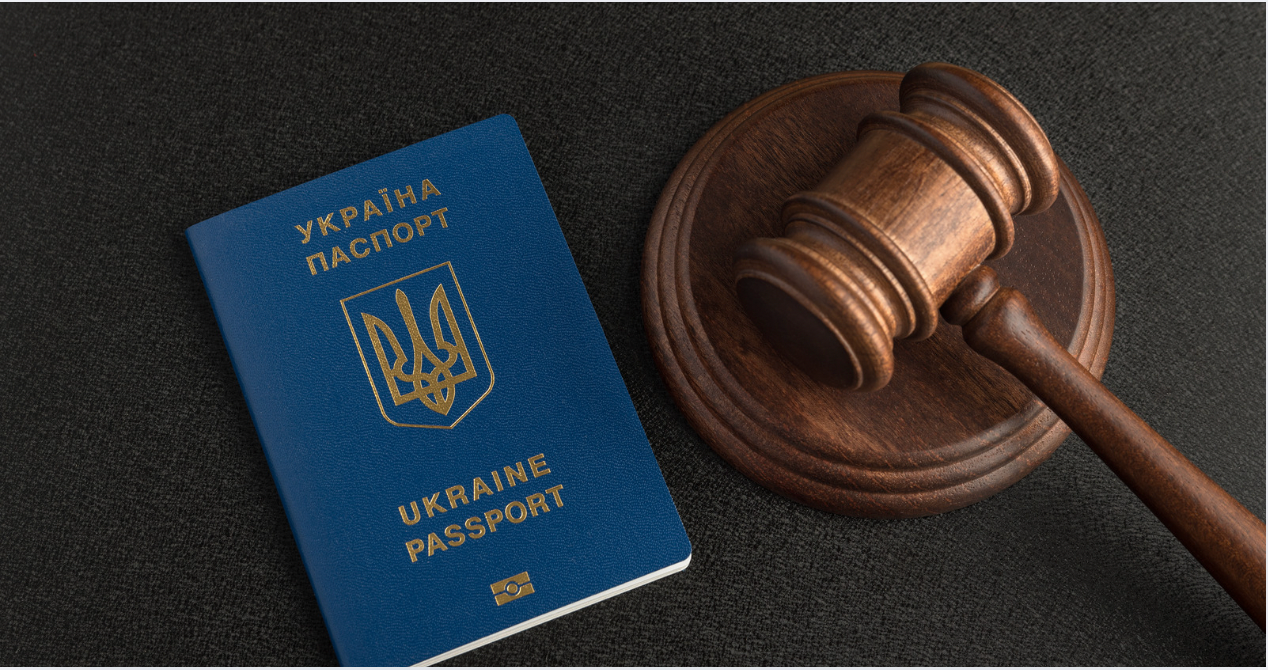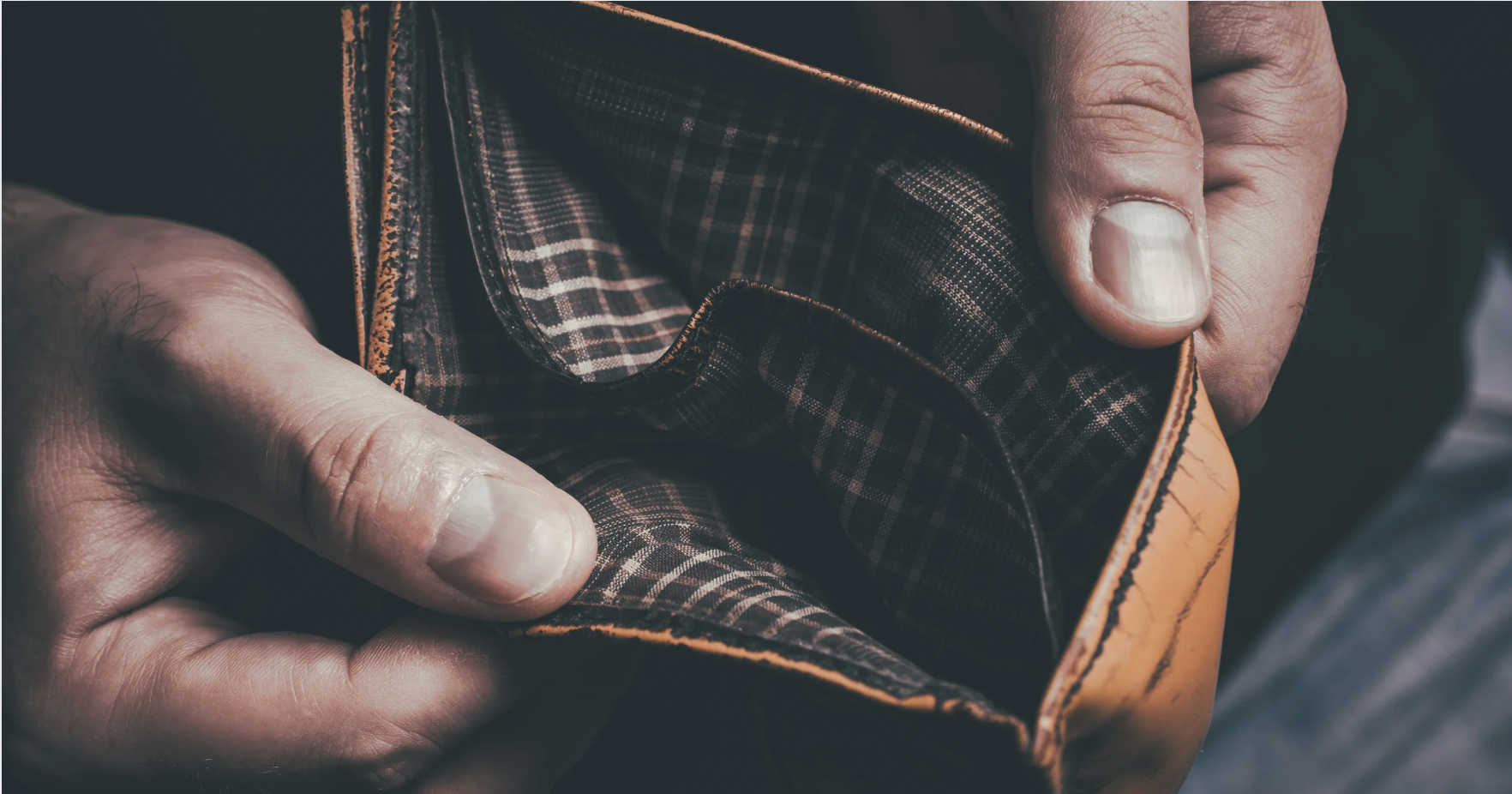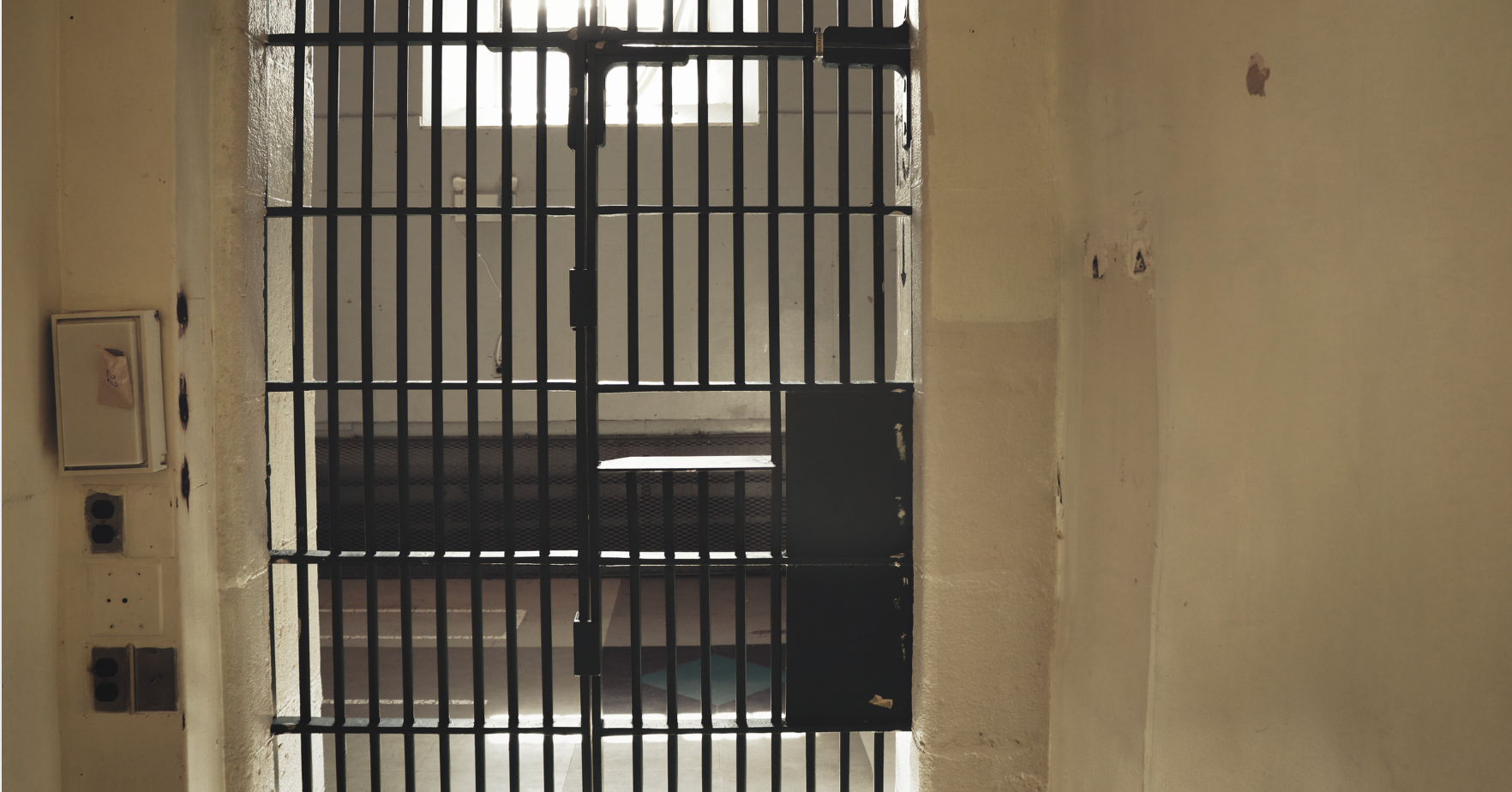Understanding Bail Hearings: What to Expect and How They Work
When someone is arrested, one of the first legal steps is the bail hearing. This hearing determines whether the defendant can be released from jail before their trial and under what conditions. If you or a loved one is facing a bail hearing, it’s essential to understand the process, what to expect, and how it can impact the outcome of your case.
What Is a Bail Hearing?
A bail hearing is a court proceeding where a judge decides whether a defendant can be granted bail and, if so, at what amount. The judge takes several factors into consideration, such as the severity of the charges, the defendant’s criminal history, flight risk, and ties to the community. The purpose of the hearing is to ensure that the defendant has the incentive to appear for future court dates while also protecting public safety.
What to Expect During a Bail Hearing
At the bail hearing, the judge will first listen to arguments from the prosecution and defense. The prosecution may argue that bail should be set high or denied altogether, especially if the defendant is considered a flight risk or poses a danger to the community. On the other hand, the defense will present reasons why the defendant should be granted bail, including their ties to the community, employment status, and lack of a criminal record.
The defendant’s attorney may also request specific conditions of bail, such as electronic monitoring, surrendering passports, or no contact with certain individuals. The judge will then weigh all of these factors and make a decision on whether bail is appropriate and, if so, how much it will be.
Types of Bail
There are different types of bail that a judge may set during the hearing. Common forms include:
- Cash Bail: The defendant or a co-signer pays the full bail amount upfront. If the defendant appears in court as required, the money is refunded (minus any fees).
- Surety Bond: A bail bondsman guarantees the bail for a fee, typically 10% of the total bail amount.
- Personal Recognizance (PR) Bond: If the defendant is considered low-risk, they may be released on their word alone, without having to pay bail.
- Property Bond: The defendant or co-signer offers property as collateral for the bail amount.
The Importance of a Bail Bondsman
In some cases, bail may be set at an amount that is difficult for the defendant or their family to afford. A bail bondsman can help by covering a portion of the bail, allowing the defendant to be released from jail until their trial. The bondsman will typically charge a fee (often 10% of the total bail) but can be an invaluable resource for securing release when bail amounts are too high.
Let Griffith Bailbonds Help You Through the Bail Process
At Griffith Bailbonds, we’re here to help you navigate the bail process with ease. If you or someone you know is facing a bail hearing, contact us today. Our team is ready to assist in getting you or your loved one released quickly and affordably.











